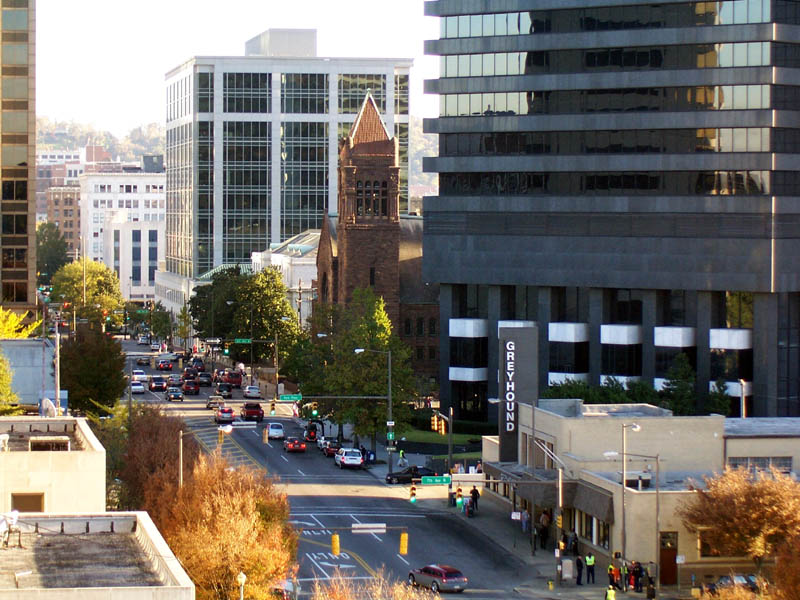Birmingham recognizes that social determinants of health — including the built environment of neighborhoods, such as environmental hazards, access to green space, walkability, and more — are major factors in health inequities across the city. To address this, the Department of Planning, Engineering, and Permits developed a Health Community Assessment Tool, which revealed North Birmingham, a neighborhood that is 97 percent Black, has the poorest health statistics. These outcomes correlate directly to the area’s built environment, where coal and steel industries have leached and contaminated the neighborhood for decades. The Covid-19 pandemic has only underscored these health inequities, with North Birmingham residents being especially vulnerable to the virus. To drive more equitable health outcomes and establish a better quality of life for North Birmingham residents, the department created the Shape Bham initiative, which brings together researchers and city planners to integrate equity measures into the planning process at the neighborhood level.
To support this effort, the Department of Planning, Engineering, and Permits is partnering with FUSE Executive Fellow Hassanatu Blake to develop a comprehensive strategy to operationalize the Shape Bham program. Hassanatu will help the department improve the built environment of North Birmingham, ensuring healthier futures for all residents in the neighborhood.

